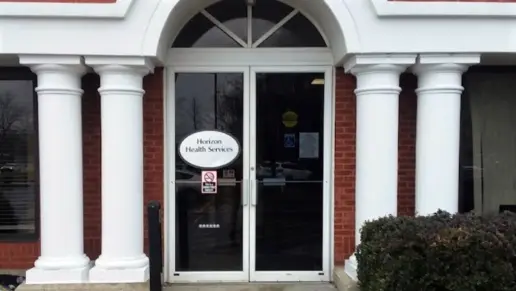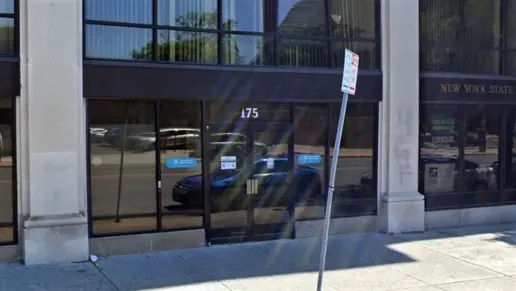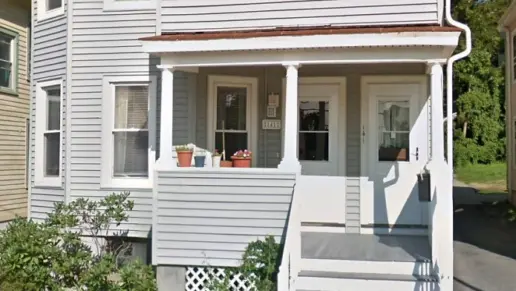I have been to several treatment centers and I feel as though I got the most out of this place not only because i was ready to be sober but because it is a great program. I think there is still to much down time and weekends are long and boring. I feel that you will get out ...
About Helio Health – Insights of Helio Health
Insight House is an adult addiction treatment center in Utica, New York. They provide comprehensive addiction care, psychiatric services, and dual diagnosis treatment.
Addiction and mental health-related services offered at Insight House are for adults and are delivered on an outpatient basis. The program involves the treatment of co-occurring disorders, clinical assessments and comprehensive treatment planning, integrated outpatient treatment programs, detox treatment, counseling, medication assisted treatment, trauma therapy, and support for those who have experienced domestic violence.
Biopsychosocial assessments help clinicians to determine whether a person demonstrates features of substance use disorders and/or co-occurring mental health conditions and their severity. Once the severity of the condition is determined, clinicians can then decide on the appropriate level of care and intervention required. Counseling therapies at Insight House include individual counseling, group therapy, suicide prevention, trauma therapy, motivational interviewing, behavior modification, cognitive behavioral therapy, and family counseling.
Individuals using alcohol and/or drugs regularly may have a physical dependence on a substance and experience withdrawal symptoms if they stop abruptly. Insight House supports patients in these circumstances through the process of recovery by first comfortably detoxifying and removing the substances from their bodies in conjunction with conducting medication assisted treatment. Patients are regularly monitored to ensure safety and correct dosage.
The outpatient clinic treats addiction and/or other co-occurring conditions. The program includes a thorough clinical assessment, individualized treatment planning, individual and group therapy, the opportunity to see a psychiatrist and receive medication management, relapse prevention techniques, skill building, and recovery support groups. Sessions are held several days per week, depending upon the individual’s circumstances.
Medication assisted treatment is the use of certain medications in combination with behavioral therapy, which reduce the risk of relapse and increase recovery longevity. The MAT program at Insight House includes counseling, support groups, and medication management in an outpatient setting. This program is appropriate for alcohol and substance use disorders and is available to adults. As program participants progress and stabilize, in person office appointments tend to become less frequent.
Insight House accepts Medicaid, state funding, private insurance plans, and self pay. There are sliding scale and financial assistance options available.
Facility Overview
Latest Reviews
Rehab Score
Gallery
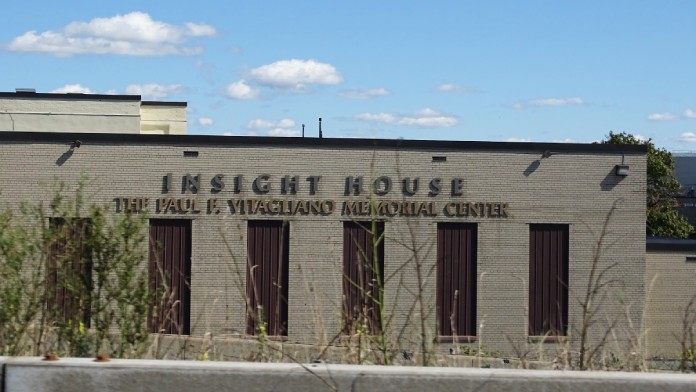
Location
Other Forms of Payment
Private insurance refers to any kind of healthcare coverage that isn't from the state or federal government. This includes individual and family plans offered by an employer or purchased from the Insurance Marketplace. Every plan will have different requirements and out of pocket costs so be sure to get the full details before you start treatment.
Self-pay involves paying for treatment out of your own pocket. You can use savings or credit, get a personal loan, or receive help from family and friends to fund your treatment. If you don't have insurance or your insurance plan doesn't cover a specific program, self-pay can help ensure you still get the care you need.
Sliding scale payments are based on a client's income and family size. The goal is to make treatment affordable to everyone. By taking these factors into account, addiction recovery care providers help ensure that your treatment does not become a financial burden to you or your family, eliminating one barrier to care.
Medicaid is a state based program that helps lower-income individuals and families pay for healthcare. Medicaid covers addiction treatment so those enrolled can use their coverage to pay for rehab. When a program accepts Medicaid the client often pays very little or nothing out of their own pocket.
Addiction Treatments
Levels of Care
Treatments
The goal of treatment for alcoholism is abstinence. Those with poor social support, poor motivation, or psychiatric disorders tend to relapse within a few years of treatment. For these people, success is measured by longer periods of abstinence, reduced use of alcohol, better health, and improved social functioning. Recovery and Maintenance are usually based on 12 step programs and AA meetings.
When you choose drug rehab in New York, you'll participate in a variety of treatments that are designed to help you live a drug-free lifestyle. Common methods of treatment include group, individual, and family counseling, medication management, nutrition, exercise, and management of co-occurring mental health disorders.
Many of those suffering from addiction also suffer from mental or emotional illnesses like schizophrenia, bipolar disorder, depression, or anxiety disorders. Rehab and other substance abuse facilities treating those with a dual diagnosis or co-occurring disorder administer psychiatric treatment to address the person's mental health issue in addition to drug and alcohol rehabilitation.
Opioid rehabs specialize in supporting those recovering from opioid addiction. They treat those suffering from addiction to illegal opioids like heroin, as well as prescription drugs like oxycodone. These centers typically combine both physical as well as mental and emotional support to help stop addiction. Physical support often includes medical detox and subsequent medical support (including medication), and mental support includes in-depth therapy to address the underlying causes of addiction.
Substance rehabs focus on helping individuals recover from substance abuse, including alcohol and drug addiction (both illegal and prescription drugs). They often include the opportunity to engage in both individual as well as group therapy.
Programs


Clinical Services
Men and women receive emotional support from their peers during group therapy sessions. These are typically people who face the same struggles that you do. This exposure fosters a sense of camaraderie and community while reducing feelings of isolation and loneliness that often accompany addiction.
Men and women in New York undergoing one on one individual therapy for drug and alcohol addiction treatment will address the unique psychological and emotional aspects that are often associated with addiction triggers. Your therapist helps you build a relapse prevention plan and set achievable goals to improve your mental health and achieve long term sobriety.
Introduced in 1983, motivational interviewing is a method to help clients commit to change. It's based on the philosophy that change is hard, and clients must explore their own options and come to their own conclusions rather than receive warnings or advice from the therapist.
Trauma therapy addresses traumatic incidents from a client's past that are likely affecting their present-day experience. Trauma is often one of the primary triggers and potential causes of addiction, and can stem from child sexual abuse, domestic violence, having a parent with a mental illness, losing one or both parents at a young age, teenage or adult sexual assault, or any number of other factors. The purpose of trauma therapy is to allow a patient to process trauma and move through and past it, with the help of trained and compassionate mental health professionals.
You can participate in couples therapy to focus on a specific problem in your relationship or for general strengthening of the relationship. This therapy aims to help you improve communication, address conflict, and grow in affection for one another.
Family therapy helps individual members of the family unit navigate the complexities of addiction. Therapists provide you with the tools you need to improve communication skills and conflict resolution. When families work together, they can support their loved one's recovery and help to restore balance and harmony within the household.
Coping with day to day living is a challenge while in addiction recovery. Life skills training helps you learn how to manage daily tasks and deal with stress in healthy ways. This is key to long term recovery.
Amenities
-
Residential Setting
-
Private Rooms
Staff
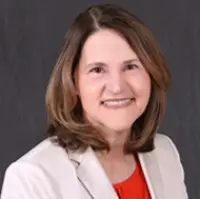
President and Chief Executive Officer
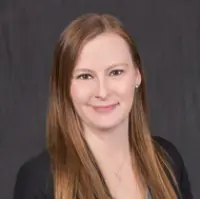
Executive Vice President and Chief Operating Officer
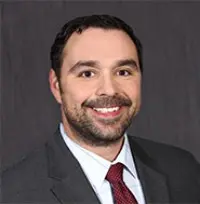
Executive Medical Director
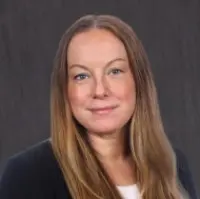
Chief Clinical Officer
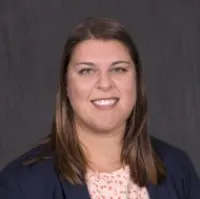
Chief Compliance Officer
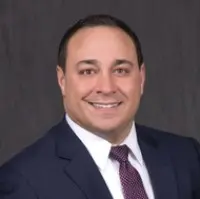
Chief Facility Operations Officer
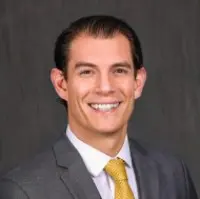
Chief Financial Officer
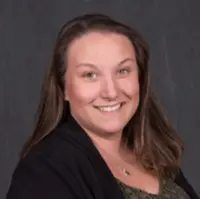
Chief Human Resource Officer
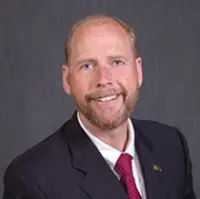
Chief Information Officer
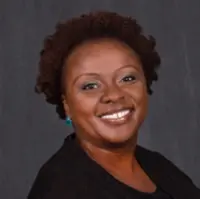
Chief Marketing Officer
Contact Information
500 Whitesboro Street
Utica, NY 13502
